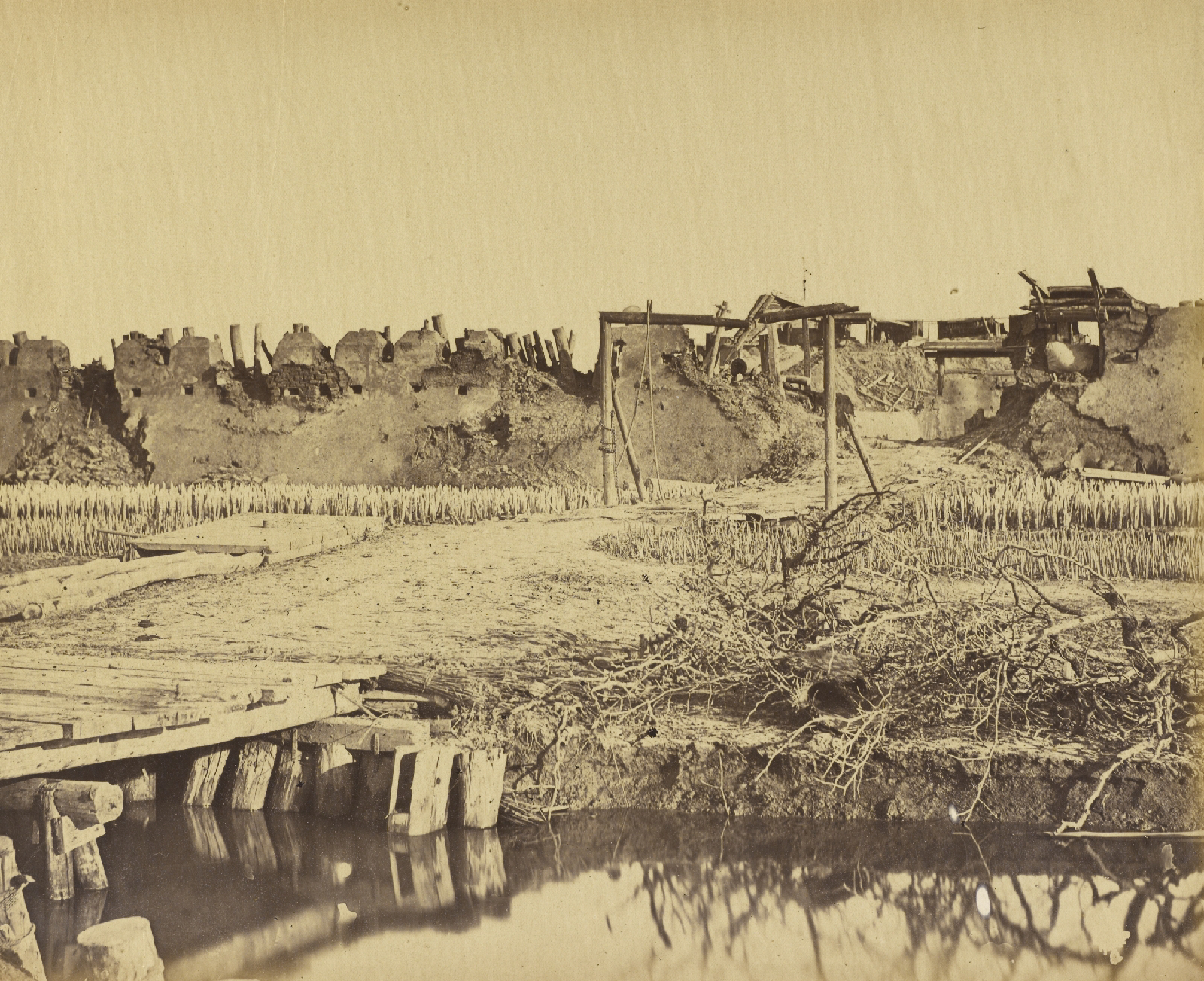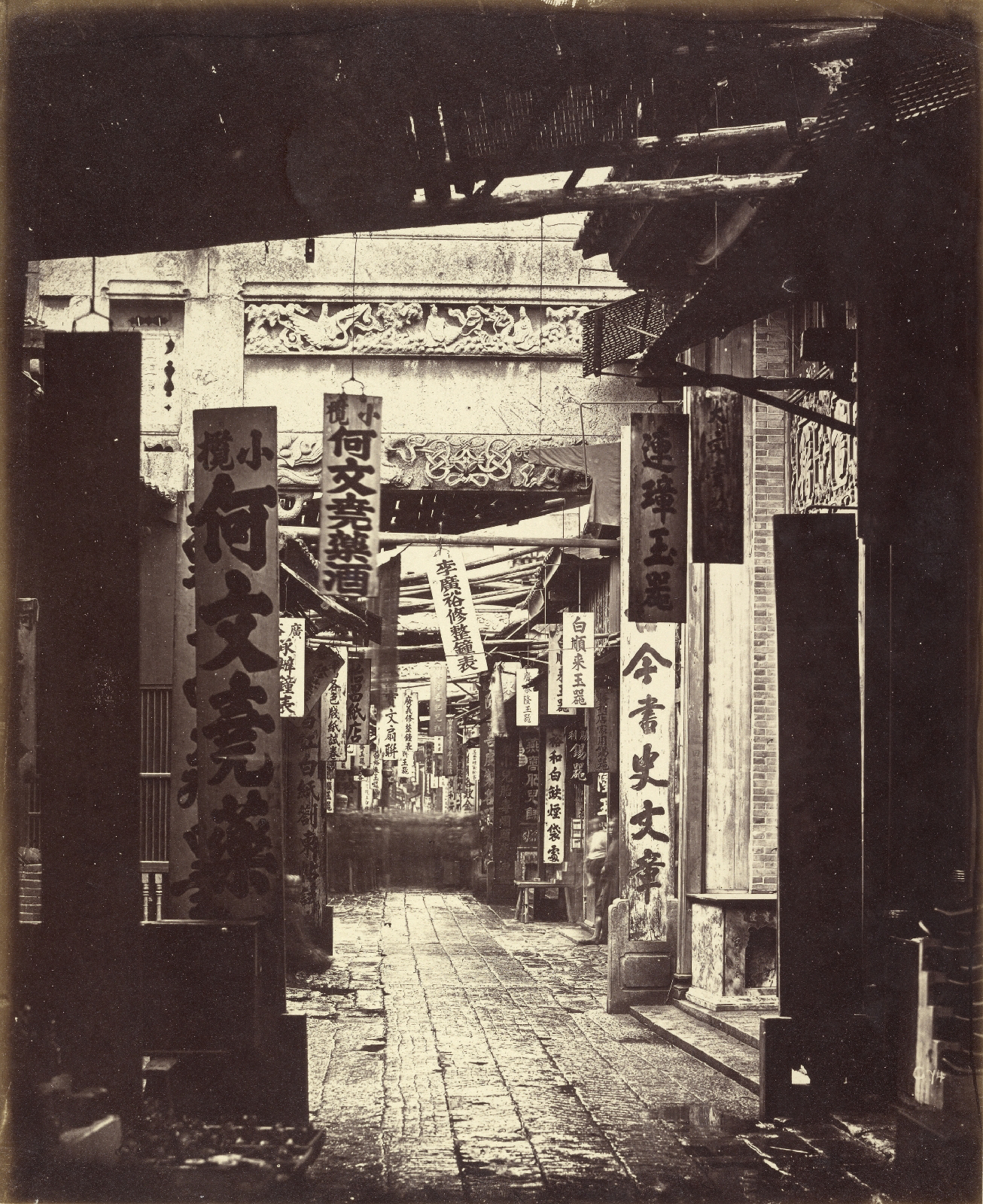One particularly grizzly episode of the saga was the merciless purge of rebel sympathisers in Canton. The Manchu government rounded up suspected partizans and all of their families, an estimated 75000 citizens. For those who weren't captured the government set up suicide booths, with placards instructing insurgents to do the honourable thing. From 1854 to 55 The prisoners were ruthlessly massacred in a Canton execution ground (former marketplace) in what the British council described as a series of executions among the most horrible in extent and manner of which the world has any authentic record. "Tens of thousands of accused taiping supporters were slaughtered in the canton execution ground [...] that stank with congealed blood. thousands were put to the sword, hundreds cast into the river, tied together in batches of a dozen." An eyewitness testified "I watched in horror as the accused were butchered, one executioner to grip the top knot of the bound kneeling prisoner and another to chop off his head with a sword. the witness counted 63 men decapitated in four minutes before he had to stop watching. I have seen the horrid sight he wrote and the limbless, headless corpse merely a mass of flayed flesh among headless trunks that lay in scores covering the whole execution ground. there were chests for sending the severed heads up to the governor-general as proof of effective punishment. But so many were executed that their heads wouldn't fit and the executioners packed only their ears, the right ears specifically which alone filled the boxes to overflowing."
If you say "I'm reading a book about the tapping rebellion" to the average uk citizen you'll most likely get a "what's that then?" in return, alas surprisingly it's not a widely prevalent chapter of history relative to its scale and timing.
I found the book "Autumn in the Heavenly Kingdom" by Stephen Platt (audiobook available on Scribd) to be a good resource on the subject cited above as the source for the canton executions. Platt's in-depth account highlights the shocking brutality of the Civil War. Platt also questions the motives of British involvement in the conflict (where Chinese Gordon got his nickname). Floundering between neutral, siding with the rebels before finally siding with the Qing dynasty only prolonged the inevitable overhaul of the outdated imperial dynasty.The photos included here are the work of Felice Beato. An Italian-British photographer who travelled with Lord Elgin's invasion force in China. Beato was one of the most prominent photographers who documented the Taiping Rebellion.






